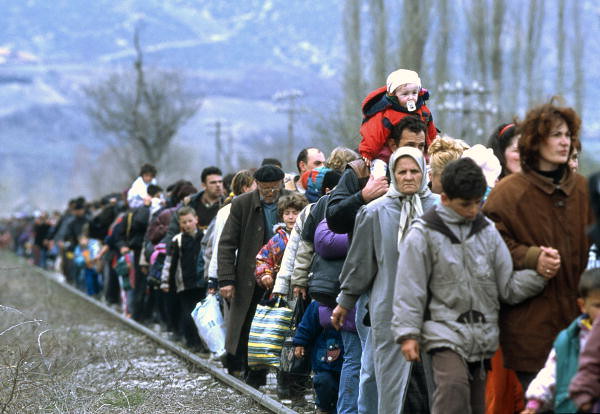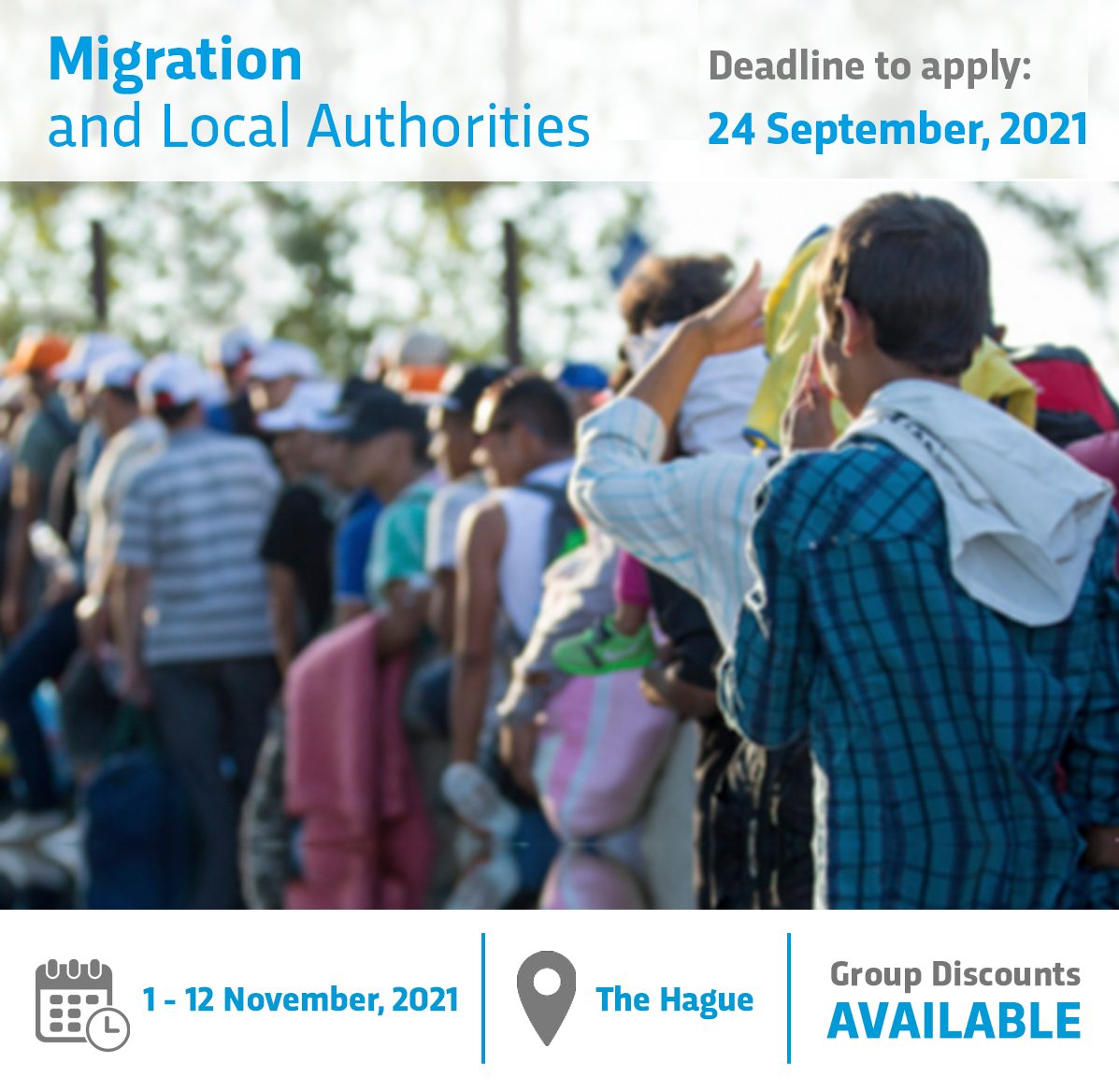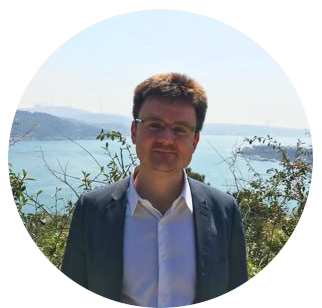Local authorities play a key role in managing the migration process and helping refugees and migrants integrate. They provide newcomers with essential services and often must take action before national governments have a chance to develop and adapt their policies. We spoke with Bastien Revel, one of the experts contributing to our Migration and Local Authorities course, about the most significant local challenges to the refugee and migrant influx and how to overcome these challenges.
What are some of the main challenges mass migration movements pose for destination countries?
Refugees overwhelmingly reside within host communities rather than in your classic refugee-camp setting. This means that host communities and countries have to cope not only with new residents but also with additional demand for services. There is no time for host countries to properly plan or anticipate the pressure placed on local systems.
A clear long-term perspective is also missing. Although refugees tend to be considered temporary guests, the average length of displacement is around 17 years. This makes planning particularly difficult. For example, do you start putting Syrian children in public schools, or do you open temporary schools only for them? Do you grant refugees full access to the labour market or only temporary work permits? Do you build a strategy to make the most of their skills and capacities? Do you outline a path to citizenship? Every country must make these decisions and be ready to adjust quickly as the situation evolves.
Are these challenges greater at the local level?
The challenges are absolutely greater at the local level. Because of their initial lack of financial means, refugees tend to concentrate in poorer areas where life is cheaper. This means that local authorities, who were already challenged, have to work with even more deprivation. Local authorities also have much less time than national authorities to react. Once refugees start to settle in, they quickly turn to local decision-makers for help.
What should be the role of local authorities and other levels of government in migrant and refugee reception?
Local authorities play a key role in organising migrants’ and refugees’ very first steps in their new communities — for example, by finding accommodation and shelter. It is also crucial that the host community — which can be overwhelmed by a sudden influx — sees that their representatives are involved in the process. Experience in Istanbul shows that early efforts to prevent refugees or migrants from concentrating in the same street or neighbourhood helps them integrate. It is also important for local authorities to keep track of refugees and migrants living in their area.
Cooperation with other levels of government is very important, as a good deal of registration data is held centrally. Other levels of government establish the framework for refugees’ access to services.
What strategies can local authorities consider in their efforts towards integrating migrants and refugees?
Municipalities need to find the right balance between tailoring measures specifically to refugees and migrants and including them in regular community activities. This means having a dedicated department or office to coordinate activities for refugees, while also making sure they are integrated into local development plans.
Can you give an example of successful local interventions for refugees and migrants?
Some of Istanbul’s municipalities are particularly successful with refugees and migrants. They have worked with the UN and local NGOs to set up municipal migration offices, opened ‘protection desks’ as one-stop shops that help refugees and migrants navigate services and included refugees and migrants in their strategic plans. The Turkish city of Gaziantep has managed to harvest refugees’ positive contributions by using their skills to revive certain economic sectors (such as shoe-making), encouraging them to open businesses and building partnerships with international actors to improve municipal services.
__________________________________________________________
Do you want to join Bastien and other experts to explore the role of local authorities in receiving and integrating migrants and refugees? Join us for our 2-week training in Migration and Local Authorities.
__________________________________________________________
Bastien is an independent consultant with over 13 years of peacebuilding and governance experience with various international organisations and NGOs. For the past seven years, he has worked on the Syrian refugee crisis response in Lebanon and Turkey, focusing on social cohesion, livelihoods, municipal support and overall resilience.
Related courses
We offer a diversity of courses throughout the year. Here are several other courses you might like.




